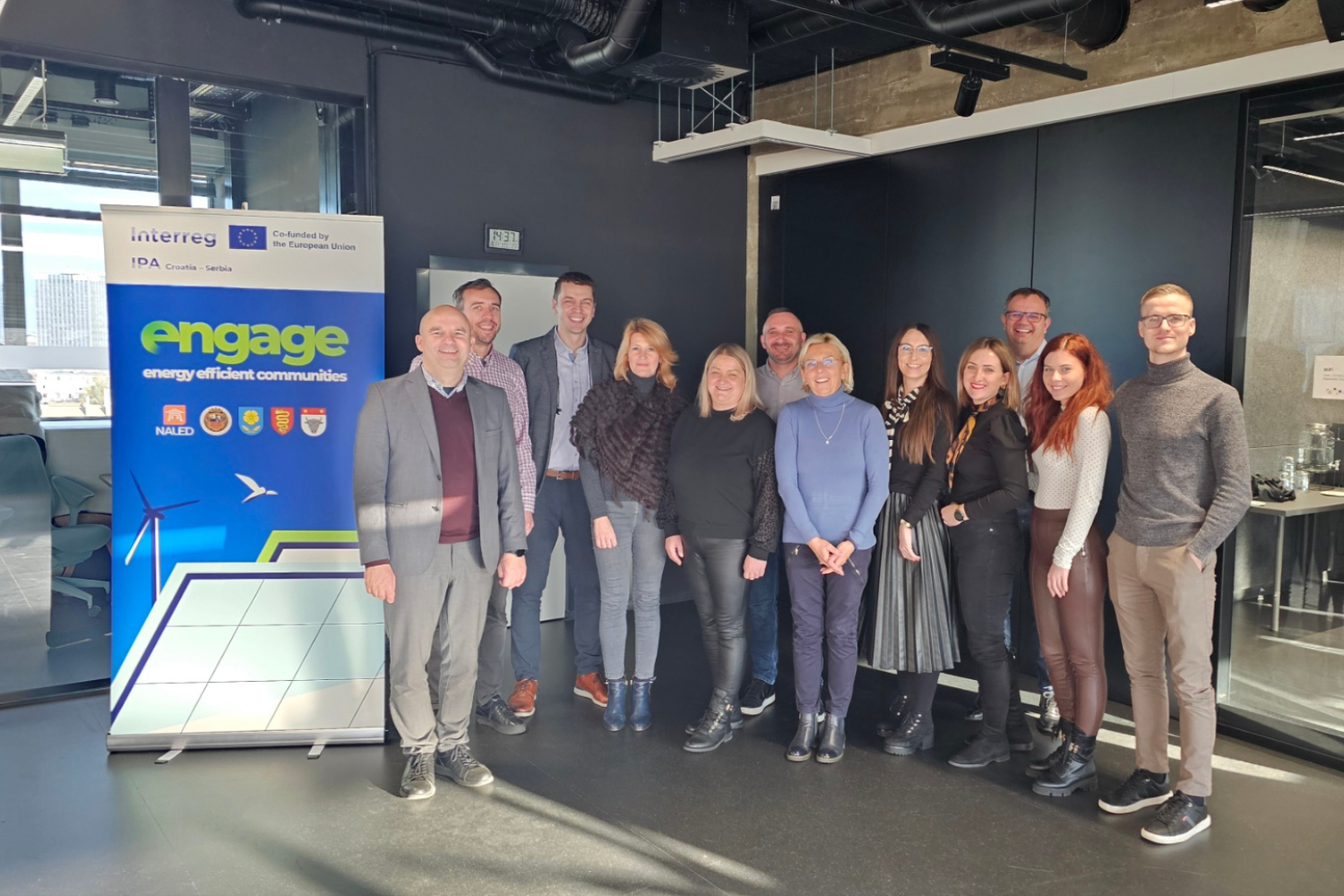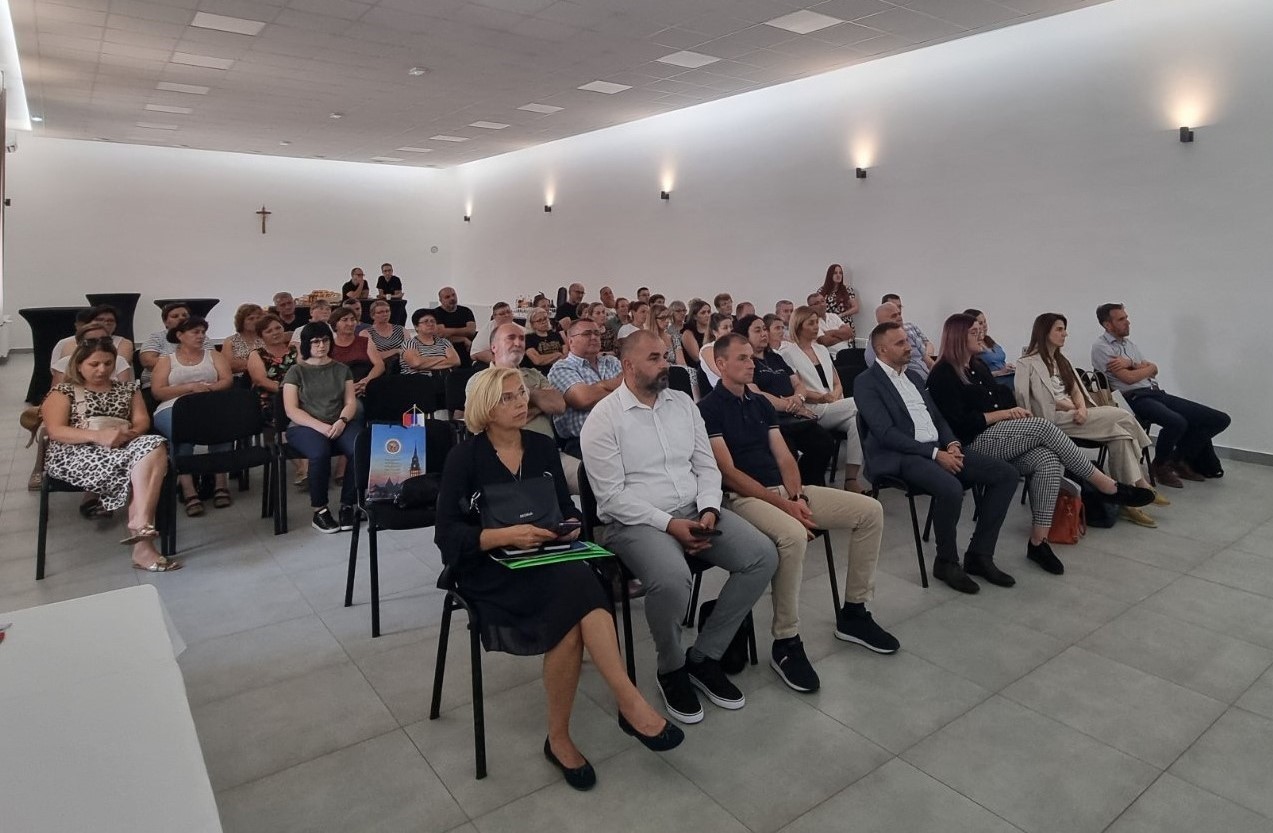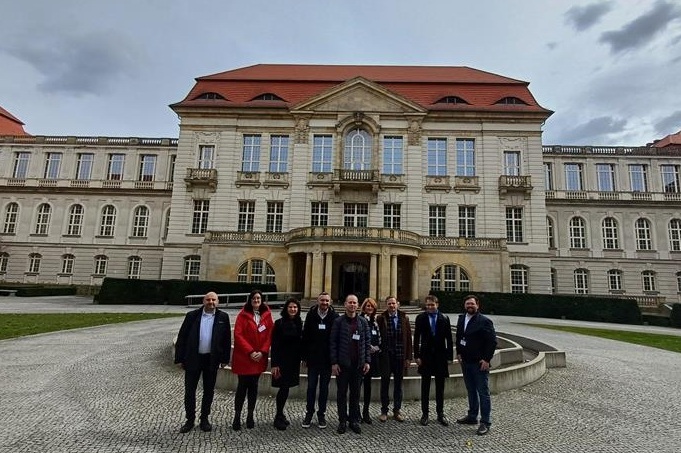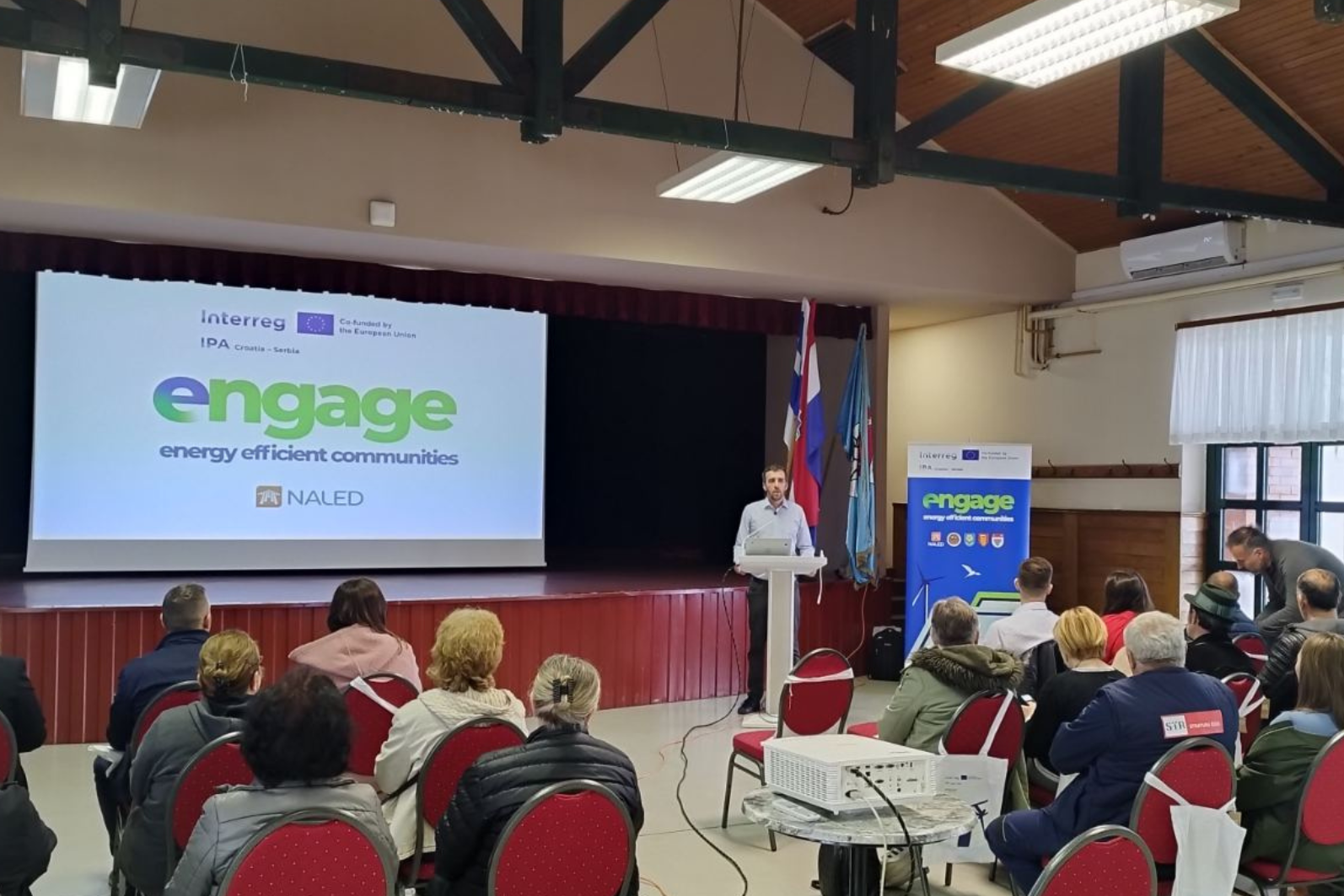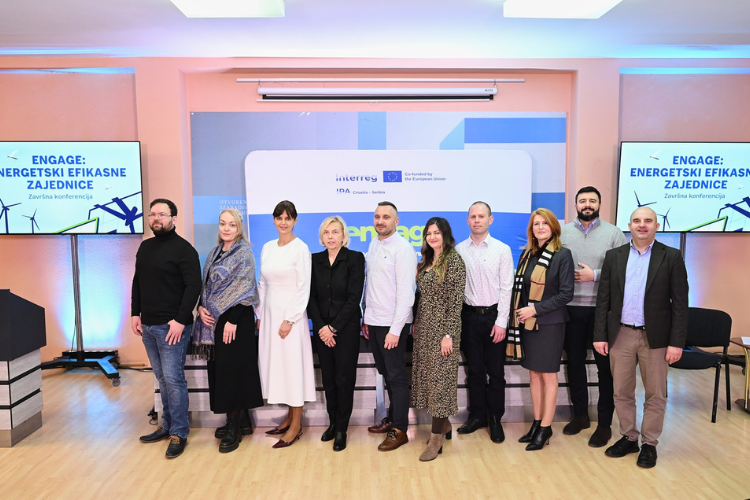ENGAGE - Energy Efficient Communities
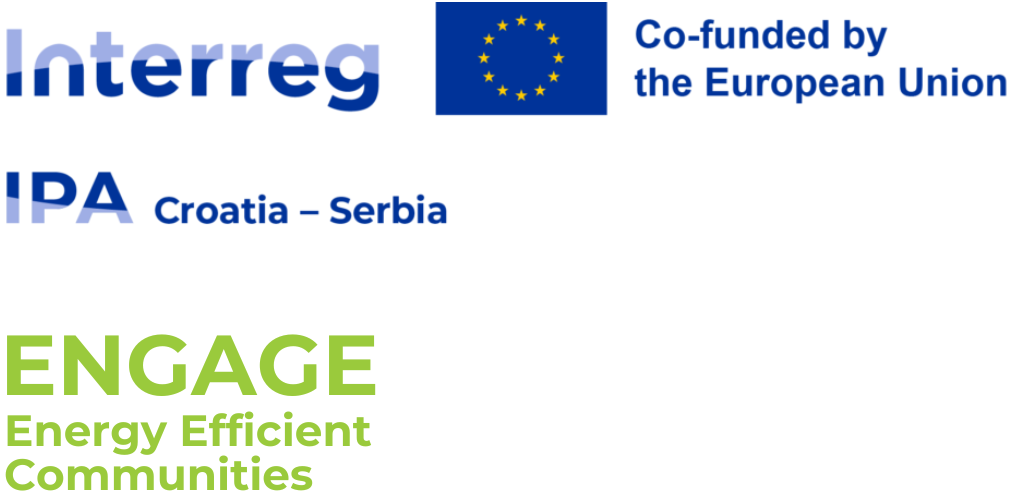
Donor: European Union
Partners: City of Subotica, Municipalities of Vladislavci, Gorjani, and Strizivojna
Beneficiaries: Primary beneficiaries – local governments and the general public, as direct users of the project’s facilities and infrastructure. Secondary beneficiaries – local businesses supplying energy-efficient (EE) equipment and services. Final beneficiaries – local communities in the covered territories.
Implementation period: June 2024 – February 2026
Less than 10% of the total energy used in Croatia and Serbia comes from renewable sources. The lack of financial resources and general knowledge about energy market procedures are the main reasons why small local municipalities do not invest more in energy-efficient solutions. The public, particularly in smaller communities, is often excluded from information and decision-making processes, and therefore fails to make decisions regarding individual contributions to energy-efficient investments in their communities. Municipalities in Croatia (Vladislavci, Gorjani, and Strizivojna) and the City of Subotica in Serbia have recognized the importance of establishing energy-efficient infrastructure to reduce CO2 emissions and contribute to global efforts in combating climate change and transitioning to renewable energy sources. NALED, as one of the project partners, brings extensive experience in advocating for and developing regulatory frameworks, creating recommendations for improvement, and collaborating with the private and public sectors, supported by a network of members and partners at local and regional levels. NALED will contribute to the specific goal of the project through the joint development of a conceptual model for energy-efficient communities for two selected rural areas in the border region, one in Serbia and one in Croatia.
Objectives and outcomes:
This project aims to jointly prepare and develop a conceptual model and implement a pilot action to create energy-efficient communities in the cross-border region. The project will involve all relevant stakeholders, with a focus on engaging local residents through awareness-raising campaigns, examples of best practices, and pilot actions. The project will educate target groups on the concept of energy communities, sustainable energy practices, and enhancing community resilience.
The energy-efficient community model will outline concrete steps for establishing and operationalizing the most efficient form of an energy-efficient community, taking into account the specific conditions and EE potential of the given community. As such, the solution can be adopted and replicated by almost any local authority in the cross-border region.
The lead partner, the City of Subotica, will adopt this solution. In the Action Plan for the Sustainable Energy and Climate Strategy, the adoption of the AP will lead to the formation of EE communities based on the developed conceptual model and the piloted B2B solar calculator.
Main project outcomes:
Conceptual models and pilot actions for establishing energy-efficient communities in rural areas of the cross-border region, supported by the development of joint small EE investment solutions as examples of best practices. The project is divided into two work packages: development of the energy community concept and pilot model for rural communities in the cross-border region, and investments in EE infrastructure.
Key activities:
- Mapping potential communities, renewable energy sources, and economic capacities
- Developing a conceptual model for energy-efficient communities for two selected rural communities in the cross-border region
- Raising awareness, promoting, and educating about renewable energy sources
- Promoting and educating about the best EE practices

